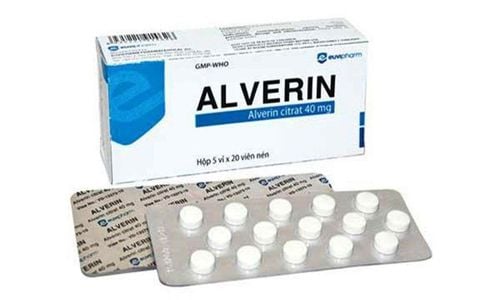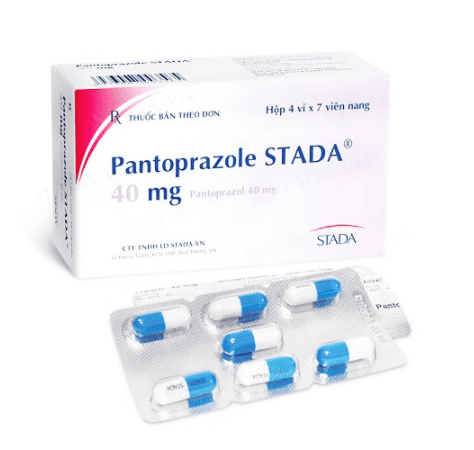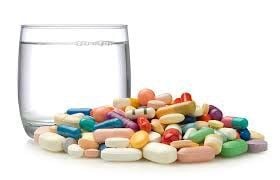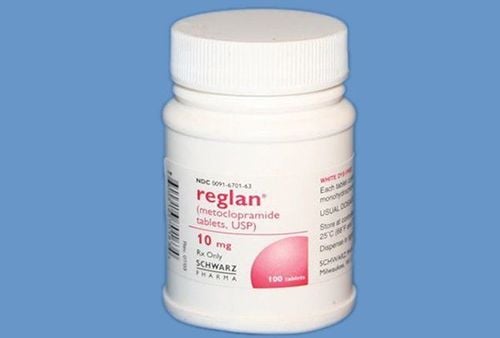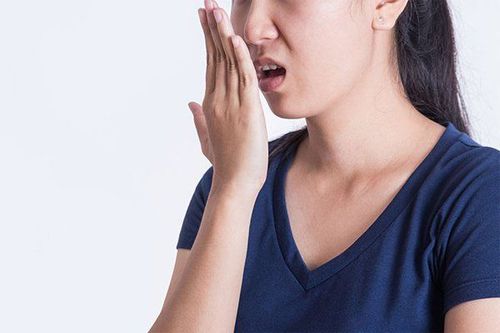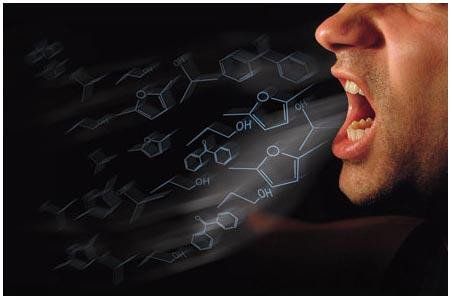This is an automatically translated article.
The article was professionally consulted with Specialist Doctor I Le Nguyen Hong Tram - Gastroenterologist - Department of Medical Examination & Internal Medicine - Vinmec Nha Trang International General Hospital.1. What is gastroesophageal reflux disease?
Gastroesophageal reflux disease is a condition in which stomach acid flows back up into the esophagus. This disease, if not treated promptly, can cause dangerous complications such as esophagitis, esophageal stricture, even esophageal adenocarcinoma,...Besides the symptoms Typical symptoms such as belching, heartburn, heartburn, chest pain, feeling of stomach heat, cough, hoarseness, bad breath are also common symptoms in patients with gastroesophageal reflux disease. Bad breath makes your breath always smell bad, making you lose confidence when communicating.
2. Why does gastroesophageal reflux cause bad breath?
Why gastroesophageal reflux causes bad breath is a matter of great concern to many people. To explain this, specialist doctors think that the stomach is the home of many different bacteria. When you have gastroesophageal reflux, food is being digested in the stomach and even gastric acid will back up into the esophagus, nasopharynx and mouth, causing you to have bad breath.In addition, when this condition persists, you may develop sore throat and esophagus. These ulcer sites are also home to odorous bacteria. These will cause bad breath for people with acid reflux.
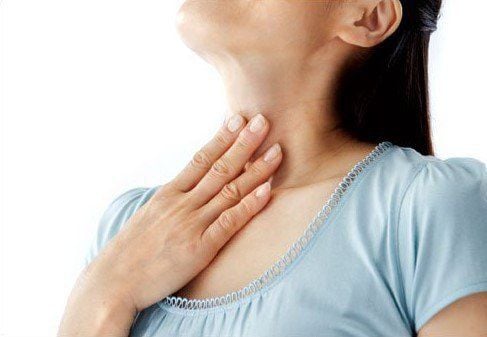
3. What causes gastroesophageal reflux?
Studies have shown 2 direct causes of gastroesophageal reflux that are:Abnormalities in the esophagus:
Due to abnormalities in the lower esophageal sphincter: Normally, when swallowing food, muscles A ligation of the lower esophagus opens to allow food and drink to pass from the esophagus to the stomach, and then closes. But when the lower esophageal sphincter is weakened or opens and closes abnormally, it will lead to reflux from the lower stomach to the esophagus. Due to abnormalities in the diaphragm: The abdominal cavity and the chest are separated by the diaphragm system. This muscle is known as the portal of the abdominal wall. When this gate closes slightly, it creates impetus for the lower esophageal sphincter. In cases where the diaphragm has an abnormality that causes the diaphragm and the lower esophageal sphincter to not be in the same position, there will be no unity in their action, causing acid reflux. Causes in the stomach:
Due to stagnation of food in the stomach: Conditions such as gastritis, stomach cancer, pyloric stenosis... make food in the stomach slow to circulate to the small intestine from That increases the pressure in the stomach. Abdominal pressure increases suddenly: When you cough, sneeze or exert yourself, it can also cause gastroesophageal reflux. Besides the two main reasons mentioned above, there are a number of other factors that increase the risk of gastroesophageal reflux disease such as:
Overweight: Weight is one of the factors that directly affect the abdomen and the abdomen. Specifically, the esophageal sphincter creates great pressure on these organs. Therefore, overweight people are more prone to gastroesophageal reflux than people of normal weight. Improper nutrition: People who have a habit of using processed foods, greasy foods, overeating, eating lemons and oranges when hungry, etc. are at risk of reflux. high stomach acid.

4. How to prevent gastroesophageal reflux disease
Some measures can help you prevent gastroesophageal reflux disease such as:Don't smoke: According to medical experts, regular smoking will reduce the ability of the body to function normally. lower esophageal stricture, thereby increasing the risk of reflux esophagitis. Maintain a reasonable weight: As mentioned above, being overweight or obese will increase pressure on the diaphragm, promoting the stomach, causing acid reflux. Do not lie down to sleep after eating full: Lying down immediately after eating will cause the stomach to fall into a state of rest, causing indigestion, belching, and heartburn due to reflux. Therefore, you should lie down to sleep after eating for at least 3 hours. Eat slowly, chew thoroughly, eat at the right time and eat small meals: This helps your digestive system work more efficiently, reducing the damaging effects on the stomach, thereby preventing acid reflux. thick . Avoid foods and drinks that can cause reflux: You need to limit spicy, hot, greasy foods; alcoholic drinks such as beer, wine,... Avoid wearing clothes that are too tight: Some of you have a habit of wearing tight clothes, especially in the waist area, which will put pressure on the stomach and lower esophageal sphincter. leading to gastroesophageal reflux,... If you need consultation and examination at Vinmec Hospitals under the national health system, please book an appointment on the website for service.
Please dial HOTLINE for more information or register for an appointment HERE. Download MyVinmec app to make appointments faster and to manage your bookings easily.





